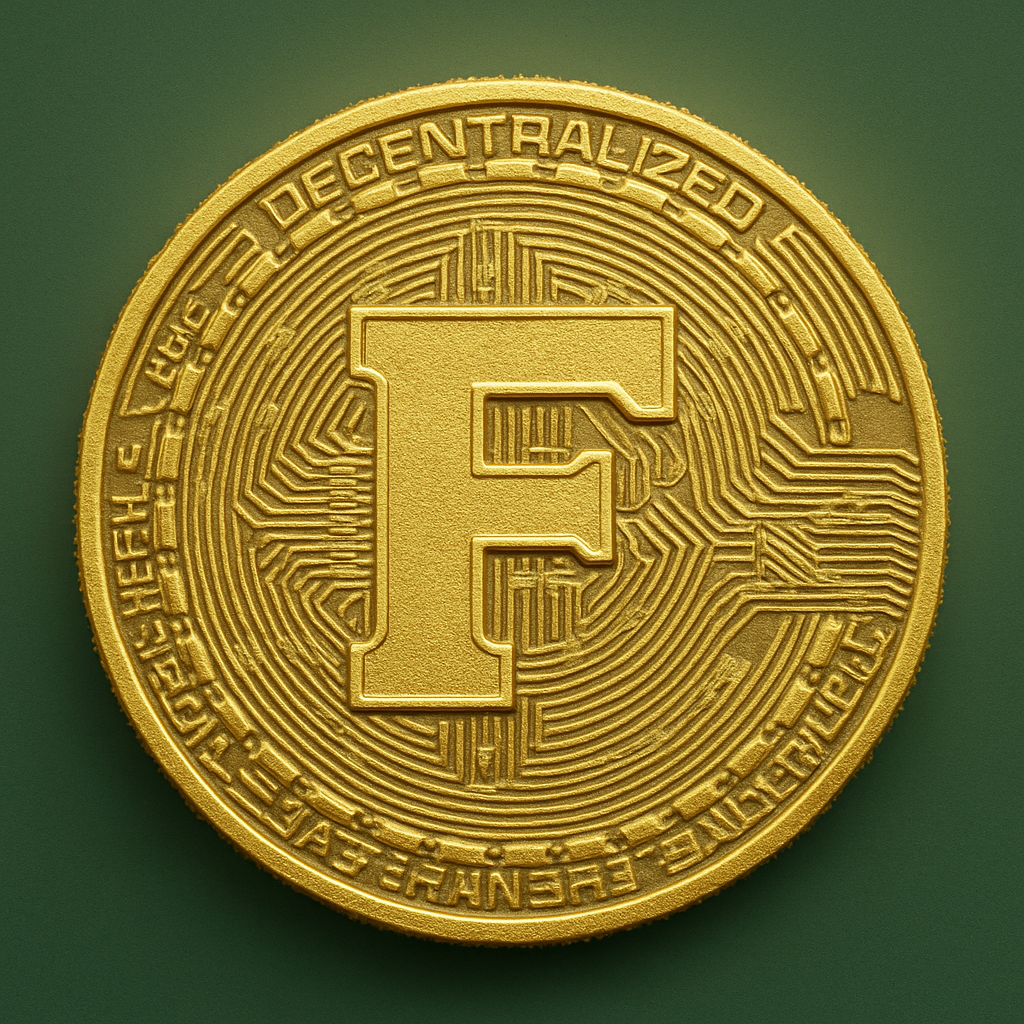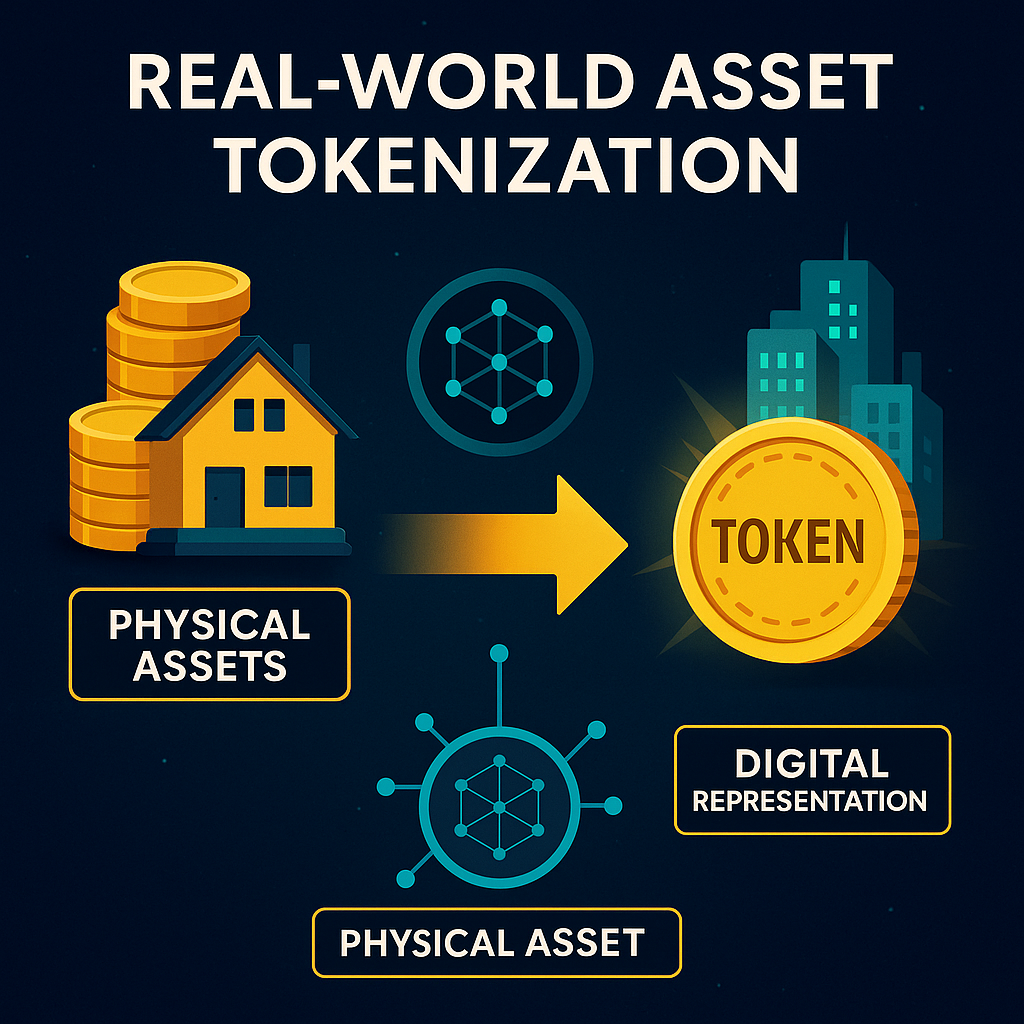
Lesson 5: Real World Asset Tokenization
Crypto World - Advanced Level
← Back to TopicsWhat is Tokenization?
Tokenization is the process of converting rights to a real-world asset (RWA) into a digital token on the blockchain. These tokens can represent ownership, value, or a claim on a physical item like real estate, gold, or art.
Why Tokenize Real Assets?
- 📈 Increases liquidity by making assets tradable 24/7
- 🌍 Global access to previously illiquid or location-bound assets
- 🧾 Transparent ownership and transaction records
- ⚖️ Fractional ownership allows more investors to participate
Example: A $1M apartment in New York is tokenized into 10,000 tokens. Each token is worth $100 and can be bought or sold by investors around the world.
Types of Tokenized Assets
- Real Estate: Property tokenization platforms like RealT
- Commodities: Tokenized gold (e.g. PAXG), oil, or wheat
- Art & Collectibles: Digital shares in high-value artworks
- Securities: Equities, bonds, and other regulated instruments

Challenges & Regulation
- 🔐 Legal recognition of digital tokens as valid asset ownership
- 🌐 Jurisdiction conflicts and KYC requirements
- ⚖️ Regulatory compliance (SEC, MiCA, etc.)
Tokenizing RWAs bridges the gap between traditional finance and decentralized technology, enabling a more inclusive global economy.
Congratulations! You have completed the Crypto World Advanced Level 🎓
🏠 Back to Home